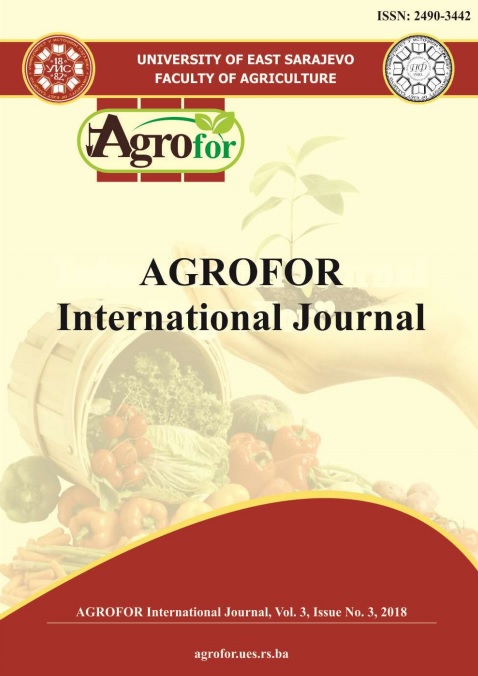MECHANISMS AND ECONOMIC CONSEQUENCES OF PUBLIC INTERVENTION IN AGRICULTURAL HOLDINGS IN POLAND DURING THE PERIOD OF EU MEMBERSHIP
DOI:
https://doi.org/10.7251/AGRENG1803152WAbstract
The concept of public intervention in agriculture can be understood very broadly,
as any act or omission of the operation of public state institutions. The article
discusses the economic reasons for the public intervention, then presents the types
and effects of intervention implemented by the CAP as well as the impact of
intervention policy on economic decisions of agricultural producers. In the further
part of the article, based on the statistic data from 2004-2016, were presented the
changes in agriculture sector. A characteristic feature of this process is the
deagrarisation the national economy and the development of rural areas.
Throughout this process, it is extremely important for the ongoing structural
changes to result in the improvement of the competitive position of farms and longterm
and sustainable rural development. Poland’s accession to the EU has
generated new economic and organisational conditions to support structural
changes in the broadly defined food economy and rural areas. Policy instruments
implemented within the CAP create chances for the stabilisation of structural
policy conditions over the period of several production cycles, thus stimulating the
desired changes in the area structure of farms, the improvements in the
competitiveness of production, environmental protection and multi-functional
development of rural areas. Thus they are a fundamental instrument supporting the
process of modernisation of Polish rural areas and agriculture. The article
conclusions refer to structural changes and to competitiveness of agri-food sector.

